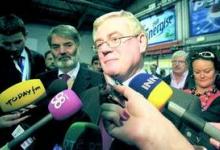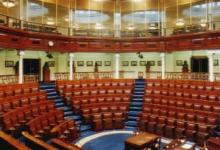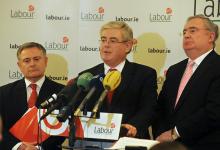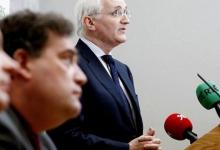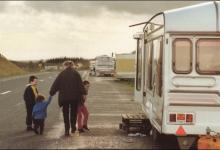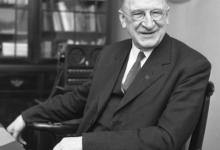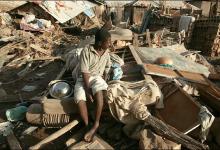Secret negotiations undermine democracy
This week, two democratic political parties, run on democratic lines, are negotiating a programme for a democratic government... in secret. Colin Murphy peers through the smoke and mirrors.
We take it for granted that the wheeling and dealing of close-quarter political negotiations should take place in private. Since the 1980s, secret negotiations have dominated our politics: social partnership (since 1987), coalition deals (every government since 1989), the peace process (since the early 1990s).

